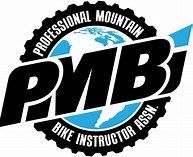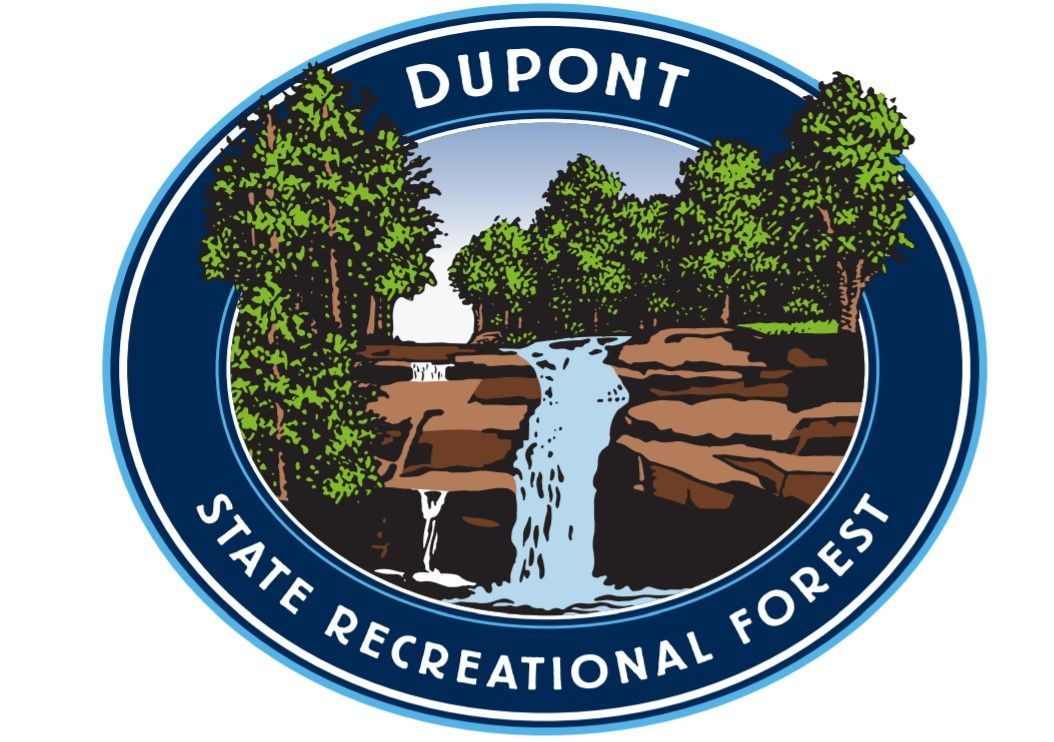Why Certifications Matter
Why Certifications Matter!!
We are starting to see more and more advertisements for mountain bike clinics and that only means one thing – it’s clinic season!! I recently saw an ad where someone could get ‘certified’ to teach mtn biking in three hours. Then go back to your local communities and teach ‘fundamental skills’ which include jumping according to the ad. So I want to take a moment to discuss certifications, why they matter and what is considered a legitimate certification.
Every local group ride has the rider that loves to offer advice, ‘pull up on drop’ or ‘get way back on the bike when going downhill’ (don’t do either). Or this one – just send it!! There is this perception among some riders that you can just go do it and don’t need to learn the proper skills– yet ours is inherently a difficult and dangerous sport. Just ‘sending it’ could get you injured. Skiing utilizes coaches, golf has swing coaches, go to a gym and you will see multiple personal trainers hanging about. All of these ‘coaches’ have gone through an extensive certification and education process. Why? Because within each activity there is the right way and wrong to do something. Often the wrong way can lead to an injury.
Along those same lines there is a right way and a wrong to teach an activity. The ad I saw offered to ‘certify’ you to teach the fundamentals of mountain biking in three hours. The two largest, internationally recognized certification programs are Professional Mountain Bike Instruction Association (PMBIA) and Bike Instructor Certification Program (BICP). To get a level one certification with either program you must pass a three-day course that includes a written portion, riding portion and coaching portion. Both programs require homework prior to the course. Level one certifies you to teach fundamentals. Not three hours – three days. Both programs offer a Ride Leader/Guide course which is 8 hours long – and this is to lead rides not instruct.
Why is this important? Because of methodology. There is a proven methodology that utilizes a progression of skills to help the rider achieve her/his goals. Skiing does the same thing (coaches in snow sports generally receive the Professional Ski Instructors of America & American Association of Snowboard Instructors or PSIAA designation). For example, a rider wants to improve cornering. The lesson plan or curriculum (in the case of a clinic) is going to break down cornering into the skills required to corner faster and smoother (stop braking in the corner). We first Introduce the skill and begin to Develop it. As the rider gains muscle memory we start Experimenting and Applying the skill (the IDEA progression). Through progressive skills development, the rider learns the skills required to corner and by developing each skill, they will achieve the goal of cornering faster or smoother. As opposed to a coach just having to ride the corner over and over.
These coaching methodologies have been proven over time and are used across several sports at the highest professional and Olympic levels. To take it a step further, to be certified to teach jumping or drops both PMBIA and BICP consider it an advanced certification and require passing a four day certification class.
Both PMBIA and BICP are great organizations with great instructor trainers. Of course, they both vary in subtle ways – but taking a lesson or clinic with a coach that is certified through either organization will help to ensure you are receiving proper skills-based instruction through a proven methodology.
There is one final certification that needs to be mentioned, Wilderness First Aid training (WFA). In addition to the PMBIA or BICP certification, make sure your coach is WFA certified and has a fully stocked first aid kit with him or her at all times. No one plans on getting injured; but they do happen. A WFA certified coach will be able to handle any minor injuries that may occur while riding.
Please reach out with any questions or comments.
Patrick
patrick@dynamiccyclingadventures.com














